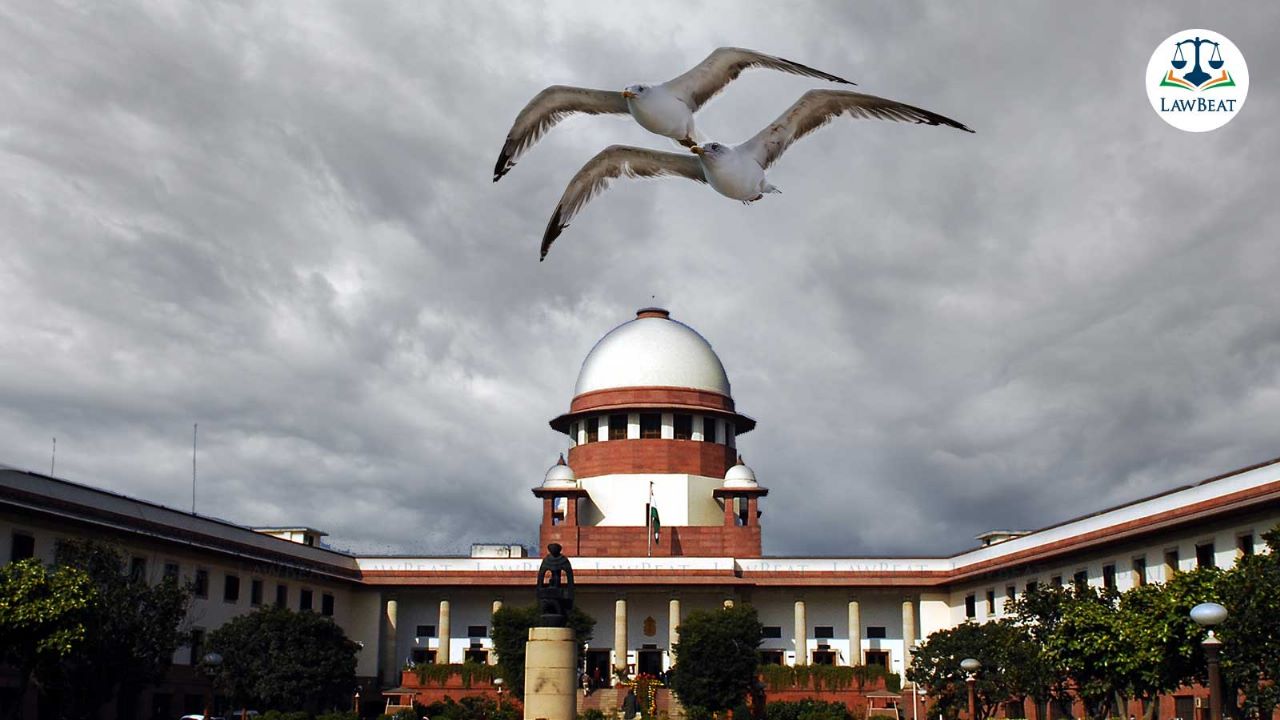Offhand remarks by Supreme Court: An albatross around its neck

A judgment of the Supreme Court recently furthered its Gender Justice jurisprudence. On January 13, it stated that Sikkimese women who marry persons outside their state shall not be excluded from availing tax benefits. The bench said that women are not chattel and on account of marriage, they cannot be excluded from tax exemptions which may otherwise be available to them under the Income Tax Act, 1961. It also upheld the arguments of the petitioners declaring the explanation to Section 10(26AAA) as ultra vires, according to which tax benefits were only made available to those persons whose names were recorded in the “Sikkim subject register” at the time of the merger of the state in 1975.
However, the judgment which was passed in two petitions filed by Association of old settlers of Sikkim and others laid down observations on the identity of the people of the state. Justice BV Nagarathana, who was also a part of the bench consisting of Justice MR Shah chose to delve into the unreasonable classification which was met out to women in particular. While doing so, she touched upon the identity of the persons from the state, in which the majority community of the state was termed “immigrants”. At the same time, the ethnic communities such as Bhutias and Lepchas were described in the judgment as “original inhabitants of Sikkim”.
These comments of the Supreme Court stirred a controversy which has led to massive protests and some violent incidents have been reported in the state. The Sikkim state has had a long and diverse history. Though the issue before Supreme Court in the Association of old settlers of Sikkim & Ors. Case was whether the vires of availing the exemption was unconstitutional, the ruling also chose to elaborate upon the identity of persons in the state. Whether or not this could have been avoided is not debatable anymore because this does not happen to be the first time that offhand comments by the highest court of the land have caused a stupor and stirred controversy.
It is not a secret that the Supreme Court judges have to mind themselves as there is no mechanism which perpetuates checks and balances over the country’s top judiciary. To put things into perspective, while the legislature and executive face elections, a judge stays in the highest echelon of power till retirement. With great power comes great responsibility may have been an adage which was popularized by Spider Man but its origins go back eons. Voltaire said it first.
The Ministry of Home Affairs stated that the Centre has chosen to file a review petition against these specific observations. While it may be best to steer away from speculating upon the outcome of the review petition which is yet to come up before Supreme Court, could the hearing itself set an important precedent? Ideal to be left on time, on whether it will be a determining factor on who will mind the judges.
The encouraging work of the Supreme Court in all facets of the society should not be seen with a singular lens but it is not far-fetched to assume that the progress which the top court intends to effectuate may not serve its real purpose and to the hilt, when it chooses to make observations and comments which could be or rather… have often been detrimental for the same people it is constitutionally bound to serve and protect. After all, as judges of the Supreme Court, it is expected that they will be wary of the impact or consequences of their words, both written and spoken. The identity of the Sikkim is even more important to reflect on, as it is a state of India, that less than forty years ago stood as its own kingdom. Isn’t it expected of the judiciary, to be mindful of the potency which shapes and strengthens the state and its culture? Isn’t the judiciary required to acquaint itself with the obvious complexities of identity that exist if it chooses to comment on them? And if judges really think it necessary to travel beyond the brief at hand, looking at the emerging issues which plague the judiciary from a solution-oriented point of view, isn’t it suitable that experts in the space are consulted to ascertain impacts?
While no one expects the top court’s judges to be scholars in history, but doesn’t that mean they should stick to the brief and not go beyond its scope? India is a diverse country and the court, much like other stakeholders in the parliamentary form of democracy that we gave ourselves, should be mindful to the sensitivities of the people. The current situation unraveling in the north-eastern state is a classic example of how extemporaneous comments by Supreme Court act as an albatross around its own neck.
Progress must not only be done but must also be seen.
